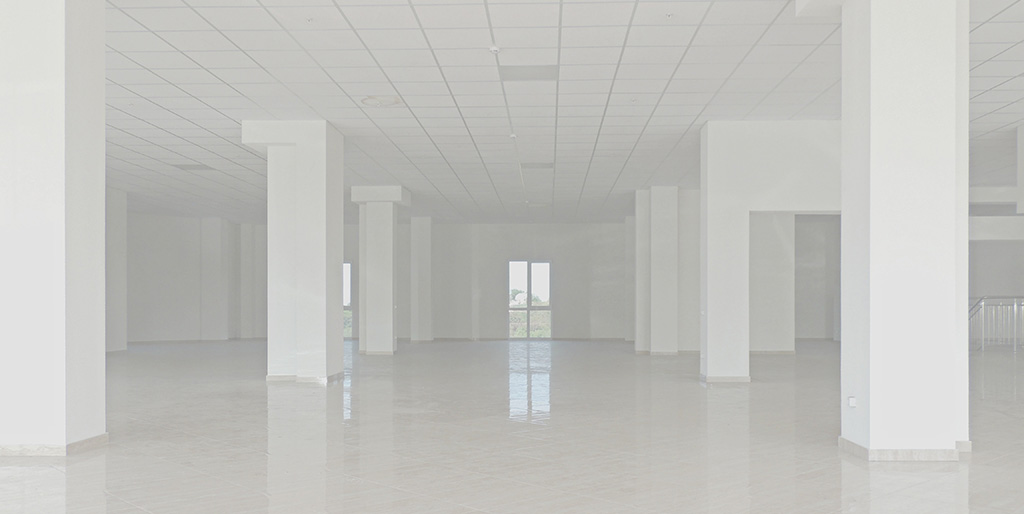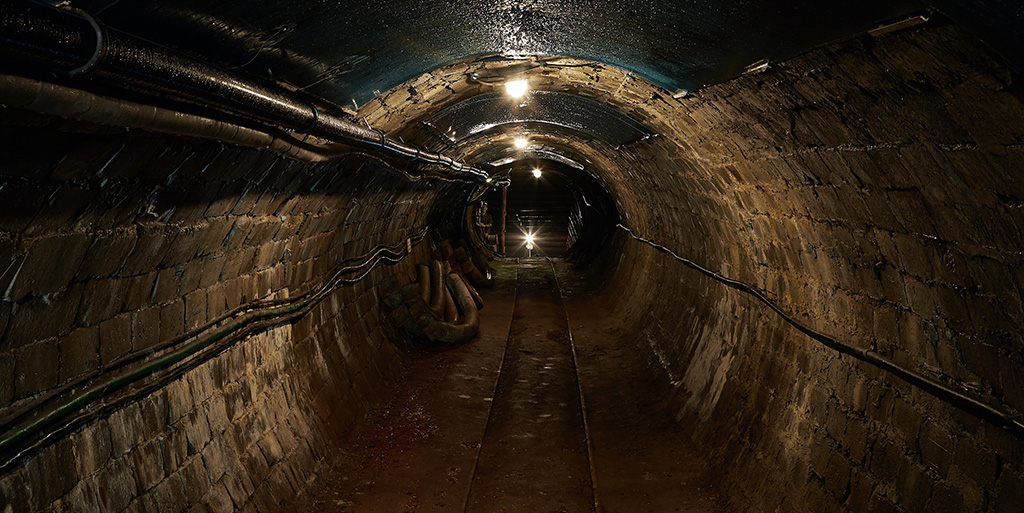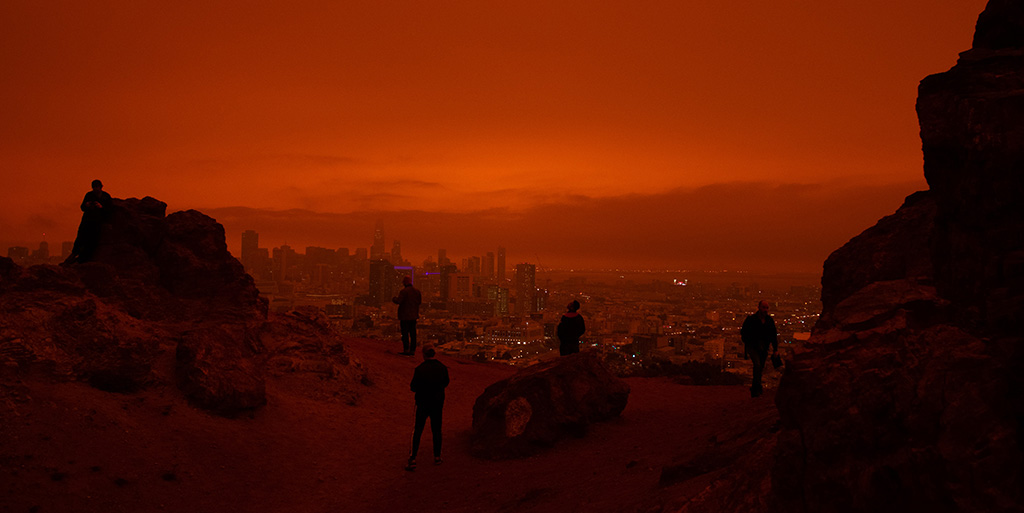The Jackman Humanities Institute is pleased to announce three new Annual Themes for 2023-2026: Absence, Underworld/Underground and Dystopia and Trust. They were drawn from suggestions from across the University of Toronto community and developed by the JHI Advisory Board with special assistance from the Annual Themes subcommittee, for whose assistance we are deeply grateful. The following programming initiatives are selected for their relevance to the year’s theme:
- Circle of Fellows
- Program for the Arts
- JHI annual exhibition of art
Absence—2023-2024

Absence takes many forms—absence as loss, abandonment, and omission; absence as exile, separation, and unbelonging; and, paradoxically, absence as boundless, infinite, and transcendent. Ways of knowing, communal memory, as well as personal and cultural identities are all shaped, challenged, and even denied by various types of absences. Voids, silences, privations, gaps and solitudes are forces in themselves. What is not there can be even more powerful than what is there. How does absence affect our views of and place in the world? What meaning can we make of those “blank void regions”? What happens when absence is present? How are today's technologies and our networked world challenging the binary distinction of presence and absence?
Undergrounds/Underworlds—2024-2025

Undergrounds have figured powerfully in human histories and imaginations as places of alterity, concealment, exploration, and discovery; of fear, transition, transportation, and transmutation. They have also figured as spaces of hope, refuge, and fugitivity that weave them into radical traditions and visions of the future. From the Epic of Gilgamesh, through the Greek katabasis and Dante, to crime rings and chthonic gods, infrastructures and escape routes, DJs and the Dark Web: our languages are fascinated with depth. But our surface worlds depend crucially on subterranean networks of extraction, exploitation, and disposal. Now more than ever, we need to understand the place of underworlds in human pasts, presents, and futures. This JHI theme encourages proposals that examine what a descent into the underworlds might reveal.
Dystopia and Trust—2025-2026

A new millennium, rapid advances in science and technology, and a new determination to fight social injustice could have encouraged dreams of utopia, but instead, as though from the predictable plot of some pulp sci-fi or true crime story, seem to have delivered a nightmarish dystopia. Easy information has given way to facile misinformation, the promise of solidarity to faction and polarization, democracy to authoritarianism, supremacism, and the kleptocracy of the 1%. People all over the world have lost trust, not only in many major institutions of societies, but also in each other. Are these trends reversible? Can widespread political and social trust be achieved, within and across societies? If not, with what consequence? If so, how should the subjective, social scientific, and philosophical dimensions of our dystopia be analyzed and re-imagined? What possible utopia has our dystopia, if it is one, betrayed?


